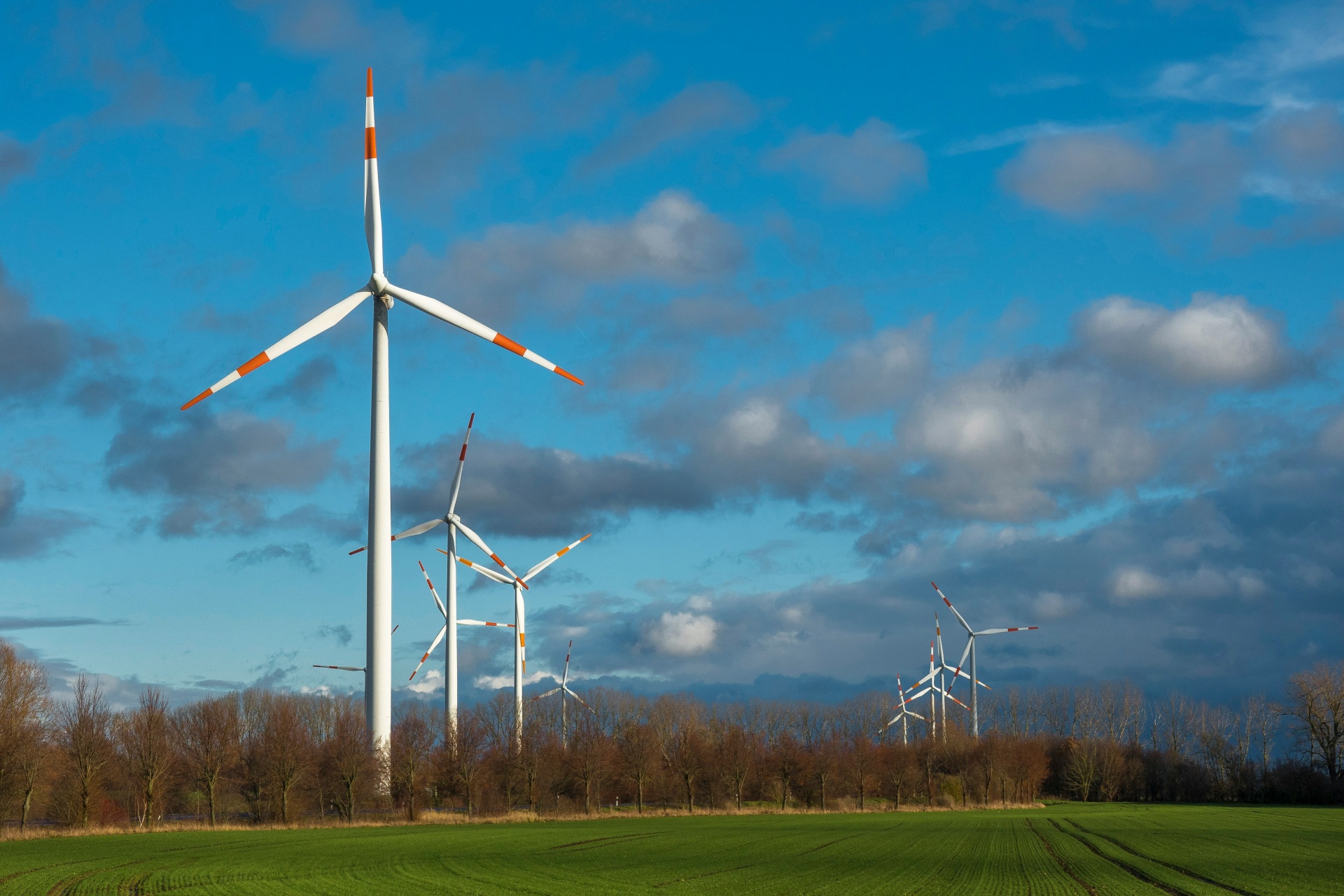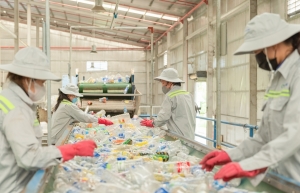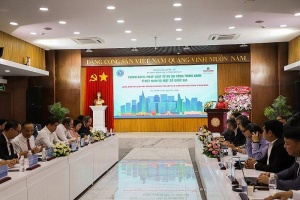Sustainability Economics working with ACI to phase out coal
 |
ACI is an independent non-profit organisation dedicated to establishing voluntary carbon credit standards. It is committed to accelerating the transition to a carbon-neutral economy by producing credible, transparent, and high-quality carbon credits. ACI is also a member of the TRACTION group led by the Monetary Authority of Singapore, which is focused on developing transition credits as a complementary financial instrument for the early retirement of Asia’s coal plants.
Sustainability Economics provides end-to-end net-zero solutions across multiple sectors. The company's expertise is a blend of extensive domain knowledge with state-of-the-art digital platforms and advanced technologies, while prioritising lifecycle management and automation to deliver comprehensive net-zero transition solutions for high-emission sectors.
Kasu Venkata Reddy, co-founder and CEO of Sustainability Economics, said, "We are thrilled to partner with Asia Carbon Institute in our shared mission to accelerate the transition towards clean energy sources in Asia. This collaboration underscores our commitment to driving sustainable solutions and combating climate change."
John Lo, founder of Asia Carbon Institute, said, "We are pleased that Sustainability Economics has chosen ACI as the standard of choice for evaluating their transition credit methodology. This marks a significant milestone in our efforts to establish transparent standards for carbon credits and accelerate the transition to a carbon-neutral economy."
Coal-fired power generation remains a significant contributor to global carbon emissions, particularly in Asia where a concentration of young CFPPs exists, averaging less than 15 years old. To address this pressing issue, Sustainability Economics will work with ACI and submit the methodology that facilitates the transition of CFPPs to clean energy sources. This methodology aims to create high-integrity transition credits, a financial instrument designed to accelerate the early retirement of CFPPs in Asia.
Transition credits are generated through replacing CFPPs with clean energy sources, provide a market-driven solution to enhance the economic viability and scalability of early retirement transactions. These credits adhere to the 'Core Carbon Principles' established by the International Carbon Value Chain Management, ensuring credibility and alignment with the UN's Sustainable Development Goals.
Sustainability Economics' methodology is rooted in practicality and crafted with input from CFPP owners and renewable energy developers throughout Asia. It emphasises a data-driven approach and the use of digital platforms that utilise state-of-the-art technologies to automate the process of producing Transition Credits from initiation to completion.
 | The economics of nature: How to integrate natural capital into policy Nature's ability to regenerate is dwindling as human demands on it increase. To reverse this trend, we need to incorporate natural capital into economic modelling and policymaking. |
 | EPR can be a move towards sustainable development By implementing extended producer responsibility, Vietnamese businesses can meet the increasingly high demands of partners and participate extensively in the global value chain, but it is also a challenge because new regulations always take time to deploy and enforce effectively. |
 | Driving green building development in Vietnam from legal aspect Vietnam needs assessment tools and a roadmap to expedite green building projects, while introducing more incentive policies and increasing awareness about the benefits of green buildings among investors and consumers. |
What the stars mean:
★ Poor ★ ★ Promising ★★★ Good ★★★★ Very good ★★★★★ Exceptional
Latest News
More News
- Trung Nam-Sideros River consortium wins bid for LNG venture (January 30, 2026 | 11:16)
- Vietnam moves towards market-based fuel management with E10 rollout (January 30, 2026 | 11:10)
- Envision Energy, REE Group partner on 128MW wind projects (January 30, 2026 | 10:58)
- Vingroup consults on carbon credits for electric vehicle charging network (January 28, 2026 | 11:04)
- Bac Ai Pumped Storage Hydropower Plant to enter peak construction phase (January 27, 2026 | 08:00)
- ASEAN could scale up sustainable aviation fuel by 2050 (January 24, 2026 | 10:19)
- 64,000 hectares of sea allocated for offshore wind surveys (January 22, 2026 | 20:23)
- EVN secures financing for Quang Trach II LNG power plant (January 17, 2026 | 15:55)
- PC1 teams up with DENZAI on regional wind projects (January 16, 2026 | 21:18)
- Innovation and ESG practices drive green transition in the digital era (January 16, 2026 | 16:51)

 Tag:
Tag:














 Mobile Version
Mobile Version